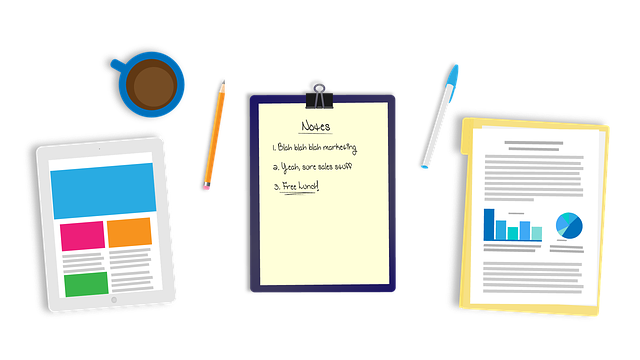AI drone-assisted irrigation inspection is transforming landscaping by optimizing drainage planning and irrigation management. Drones equipped with high-resolution cameras and multispectral sensors capture detailed aerial images, identifying terrain variations, vegetation density, and infrastructure for precise analysis. This technology enhances AI's predictive analytics of drainage patterns, water allocation, and flooding risks, enabling informed decisions for efficient water management. By streamlining traditional assessment methods, AI drone inspections save time and resources while promoting sustainable landscape design and water conservation through intelligent irrigation systems.
In today’s digital era, efficient landscaping demands intelligent drainage planning and innovative water management. Artificial Intelligence (AI) is revolutionizing these sectors by enhancing drainage design and irrigation efficiency. This article explores the transformative power of AI in landscaping, focusing on three key areas: drone-assisted irrigation inspection for comprehensive data collection, smart irrigation systems integrating AI for optimized water distribution, and the overall role of AI in boosting drainage planning effectiveness.
- The Role of AI in Efficient Landscaping: Enhancing Drainage Planning and Irrigation Management
- Drone-Assisted Inspection: Unlocking the Potential for Comprehensive Data Collection
- Smart Irrigation Systems: Integrating AI for Optimized Water Distribution and Conservation
The Role of AI in Efficient Landscaping: Enhancing Drainage Planning and Irrigation Management

The integration of Artificial Intelligence (AI) in landscaping has revolutionized efficient drainage planning and irrigation management, enabling professionals to optimize outdoor spaces. AI technologies, such as drone-assisted irrigation inspections, offer a comprehensive view of landscapes, identifying potential drainage issues, and pinpointing areas that require improved water distribution. By analyzing aerial imagery and data, these drones can detect even the subtlest variations in terrain and vegetation density, providing valuable insights for precise irrigation planning.
This innovative approach streamlines traditional assessment methods, saving time and resources. AI algorithms process vast amounts of data quickly, allowing landscape architects and engineers to make informed decisions regarding drainage systems, retention ponds, and efficient water usage. Through enhanced visibility and predictive analytics, AI-driven irrigation management ensures optimal watering practices, reducing waste while promoting the health and aesthetics of landscapes.
Drone-Assisted Inspection: Unlocking the Potential for Comprehensive Data Collection

Drone-Assisted Inspection is transforming intelligent drainage planning, empowering AI with comprehensive data collection capabilities. These advanced drones are equipped with high-resolution cameras and multispectral sensors, capturing detailed aerial images and data that were previously inaccessible or time-consuming to gather. By overflying landscapes, they identify land contours, vegetative health, water bodies, and infrastructure, providing a holistic view of the terrain.
This technology significantly enhances AI’s ability to analyze and model drainage patterns, irrigations systems, and potential flooding risks. The collected data feeds into sophisticated algorithms, enabling more precise irrigation planning, optimized water allocation, and proactive maintenance. With drone-assisted inspection, professionals can make informed decisions, ensuring efficient water management and sustainable landscape design.
Smart Irrigation Systems: Integrating AI for Optimized Water Distribution and Conservation

AI is transforming landscaping with its ability to optimize water distribution and conservation through smart irrigation systems. By integrating machine learning algorithms, these intelligent systems can analyze weather patterns, soil moisture levels, and plant health data in real-time. This enables precise control of watering schedules, ensuring plants receive the exact amount of water they need, when they need it most. As a result, water usage is significantly reduced, contributing to conservation efforts and cost savings for both residential and commercial properties.
One innovative approach leveraging AI is drone-assisted irrigation inspection. Drones equipped with high-resolution cameras and thermal sensors can efficiently survey large areas of land, identifying problem spots like clogged drains or uneven watering. This data is then fed into the AI system, which provides recommendations for adjustments to irrigation plans. This integration of aerial surveillance with AI enhances the overall efficiency and effectiveness of drainage planning, fostering healthier landscapes while promoting sustainable water management practices.
The integration of AI, drone-assisted inspection, and smart irrigation systems is transforming landscaping drainage planning. By leveraging advanced technologies, professionals can now achieve efficient water management, optimize resource usage, and ensure sustainable landscapes. This innovative approach not only enhances the aesthetics of outdoor spaces but also contributes to environmental conservation through reduced water consumption. As these tools continue to evolve, the future of landscaping promises enhanced functionality, cost savings, and a greener planet.
